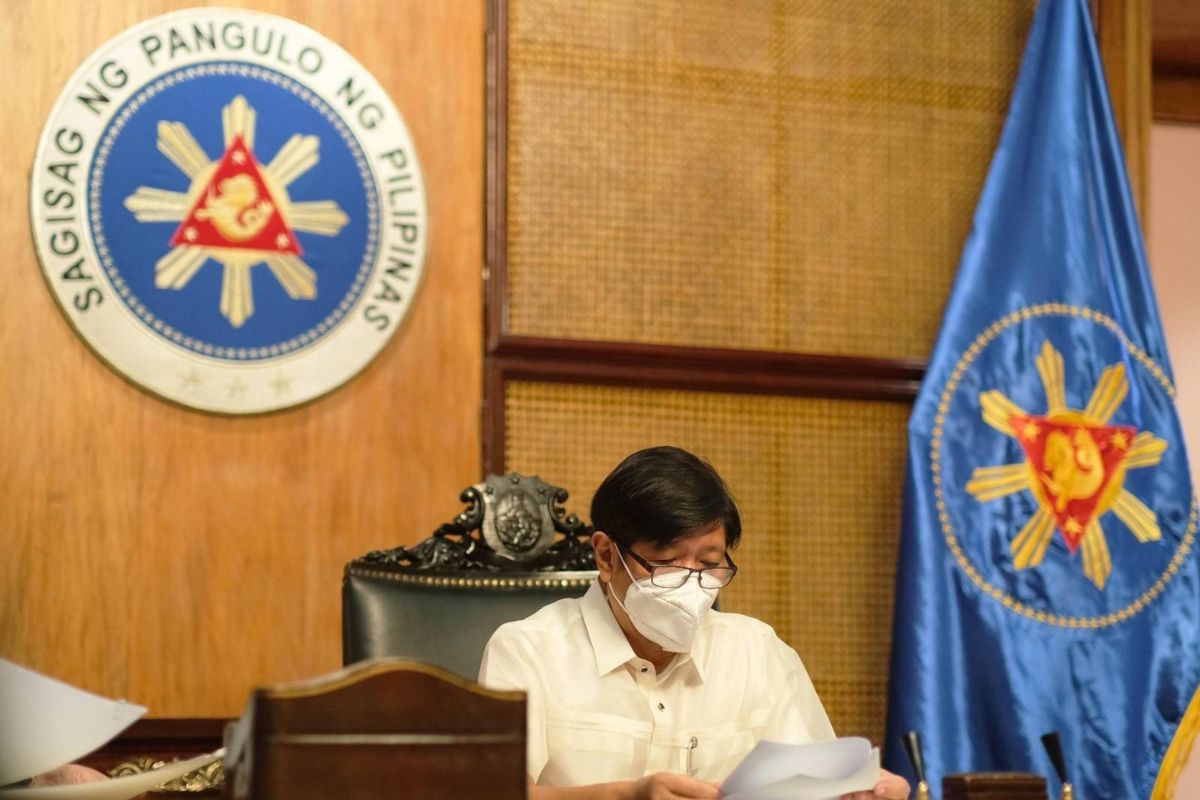A border agreement that the Philippines and Indonesia entered into in 2014 may just spell the difference in finally resolving Manila’s maritime dispute with Beijing in the West Philippine Sea, President Ferdinand Marcos Jr. said Tuesday.
Debuting on the world stage as the Philippines’ 17th head of state, Marcos said he and Indonesian President Joko Widodo discussed ways to peacefully address the overlapping exclusive economic zones (EEZ) of both countries during their bilateral meeting on Monday at the Bogor Presidential Palace.
Advertisement
As Widodo earlier mentioned, he said they agreed to hasten the negotiations on the delimitation of the continental shelf of both countries as stipulated under the United Nations Convention on the Law of the Sea.
“We had talks on that delimitation to establish our baselines because our EEZ overlaps with that of Indonesia, which had caused tension (in the past),” the President said in a press briefing as he concluded his three-day state visit here.
“So I said that could be the template… not only for the issues between Indonesia and the Philippines but of other (countries) that are engaged with delimitation talks,” he said.
He said he told Widodo that the arrangement between their countries may be used as an “example” by other member-states of the Association of Southeast Asian Nations (Asean) in resolving their own maritime disputes.
“That it is something that can actually be done,” the President said.
Asked if the Philippines would use its 2014 border agreement with Indonesia to put an end to the country’s territorial row with China, Marcos said: “I think it is worthwhile to explore (that) at the very least because it is one instance that… we (have already come) to a conclusion.”
“So we should try it now. Hopefully, it works,” he said. “If it doesn’t work, we’ll try something else, but at least we have a beginning point. That’s how I see it.”
During the state visit to Manila of then Indonesian President Susilo Bambang Yudhoyono in May 2014, the two countries inked the sea border agreement after 20 years of negotiations.
(INQUIRER.NET)











